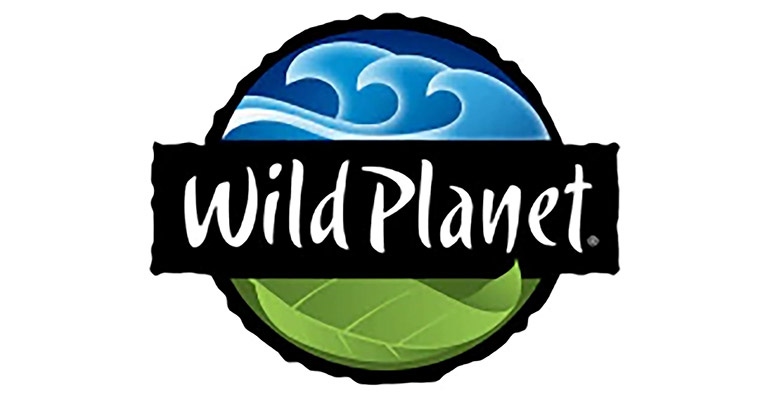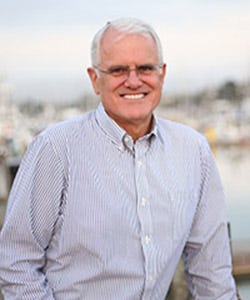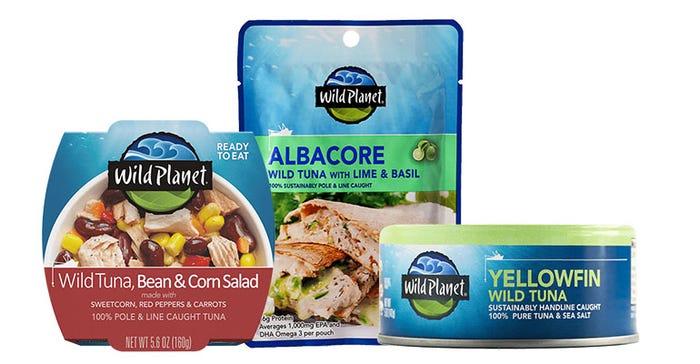'It sickened me:' A trip to Monterey Bay Aquarium inspired West Coast seafood company owner Bill Carvalho to change fishing practices in support of the oceans' ecosystem.

Bill Carvalho had 11 years in the seafood industry under his belt when a visit to the Monterey Bay Aquarium in 2001 changed his trajectory entirely.
At the time, he was successfully running Carvalho Industries, a seafood company that used conventional commercial fishing practices. But the "Oceans in Crisis" exhibit caused him to rethink his business plan.
"It re
Taking a risk, he immediately cut ties with fisheries that weren't rated green by the Monterey Bay Aquarium Seafood Watch program—at the time, the only entity in the United States attempting to raise awareness of this issue on a large scale. For a large business working with 11 ports along the West Coast, this was significant.
"When I discontinued a portion of the items I sold, I lost that revenue while all of my expenses stayed the same," Carvalho says. "I took the hard stance for sustainability when I could have easily lost our house and filed for bankruptcy." By 2004, he discontinued his namesake company and launched Wild Planet.

Prioritizing pole and line fishing
Pole and line fishing is a centuries old method of catching tuna, based on one man catching one fish that's the right species and the right size. It's by and large the most sustainable fishing method available; unfortunately, it's not the most efficient from a business standpoint. Instead, today's conventional fisheries use wide nets to catch tuna and everything else that's swimming in the open ocean.
In addition, most fisheries use as fish aggregating devices: floating platforms that attract smaller fish trying to hide there, which then attract bigger fish. Fishermen then wrap all the fish in a net, pick out the ones they want and toss the rest overboard dead, creating a lot of unnecessary waste. "Of particular concern is that FADs catch the tiniest of tuna, so they don't have the opportunity to grow and produce a reasonable yield of meat for the taking of their life," Carvalho says. "For example, they should be caught at 80 pounds, and are instead being caught at 2 pounds."
While scaling pole and line fishing is the ideal scenario, that goal is a long way away. "If over time, there was a large preference for pole-and-line-caught products for eco- and socially conscious reasons, then there could be a demand for more of this kind of fishing," Carvalho says. "But right now, it's just a fight to save these exemplary fisheries from extinction."
To this end, Carvalho is prioritizing education, and he encourages retailers to do the same.
On the retail side, it's important that buyers scrutinize any and every sustainability claim against established standards. Carvalho recommends reading the Monterey Bay Seafood Watch report on the species in question, discovering the best catch method that preserves the species and environment, and comparing it against a brand's claims.
"In the world of tuna, the method that rises to the surface every time is pole-and-line caught," he says. "Only from wise consumer choices will better methods scale. That's where we put our focus."
About the Author(s)
You May Also Like


